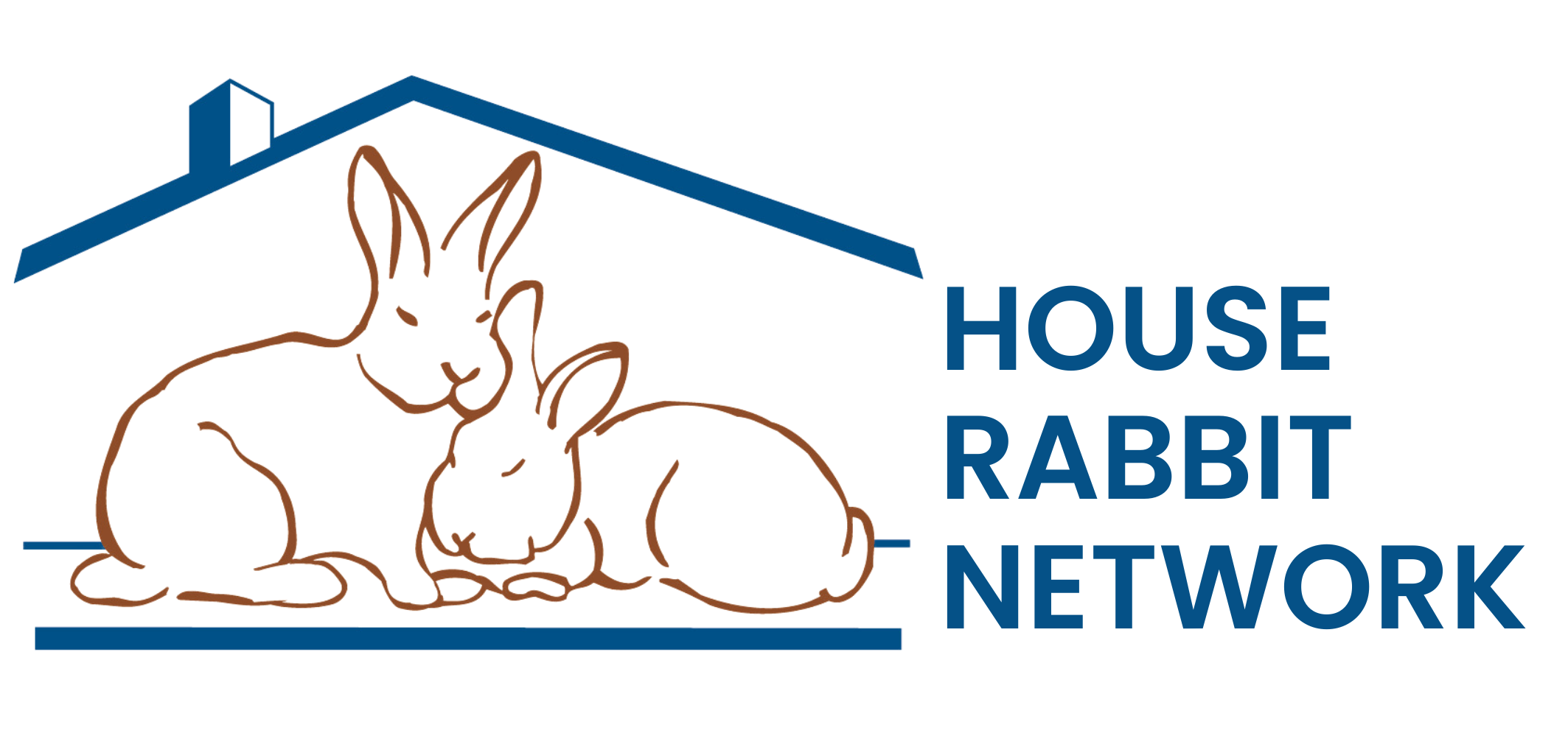When Your Bunny Needs a Vet
by Astrid Kruse, DVM
Seizures, maggots, bleeding wounds; pus, blood, snot – gruesome but obvious signs your pet needs a vet.
Most bunny owners also know that a bunny that misses a meal needs medical attention – gastrointestinal stasis (when the intestines stop moving normally) can be life-threatening in a rabbit. There are, however, other signs that your bunny needs to be treated by a rabbit-savvy veterinarian.
A change in litter box habits, especially if the bunny is urinating or drinking more than usual, needs to be looked into. Kidney disease is fairly common in rabbits, especially in older rabbits and those with Encephalitozoon cuniculi (E. cuniculi) infections.
Urinary tract infections also manifest this way, as well as sludgy urine from too much calcium in the urinary tract. A simple antibiotic or anti-parasitic drug may be the fix, or the bunny may need fluids and diet changes to manage urinary sludge.
Diarrhea is life-threatening in rabbits since they have such a delicate and complex digestive tract. Any liquid, squirting stool is an emergency, and points to severe intestinal bacterial imbalances. Often it can be treated with antibiotics (metronidazole), probiotics (not those found in yogurt – those are human gut bacteria and useless in rabbits), fluids, and dietary adjustments.
Sugary treats like fruit and carrots are the enemy. Diarrhea should not be confused with normal cecotropes, which are discrete oblong mushy balls of stool a rabbit should be eating directly from the anus. Drooling is often the sign of dental disease and overgrowth of the molars, which occurs secondary to poor genetics and/or poor diet in bunnies. The tongue can be severely cut if these tooth spurs are not fixed, and the condition is painful and will lead to eating less as the tongue gets more injured.
A bunny with dental problems will need to be sedated at regular intervals to have the crowns of the teeth corrected by filing – rabbit teeth do grow continuously, so a one-time corrective treatment is rare. Severe flaking dandruff in rabbits is not a cosmetic issue – often it is secondary to Cheyletiella (walking dandruff) mite infestation, which is treated fairly easily. Even rabbits that are not around other rabbits will develop this mite overgrowth. These mites can inhabit humans and other pets, so don’t delay treatment. Bulging eyes are a sign of potential disease in the chest cavity. Of primary concern is thymoma, a tumor that is fairly common in rabbits. It can be medically managed for a time, rarely be surgically removed, and definitely treated – though not cured – over the longer term, with radiation therapy, which can be cost-prohibitive for many bunny parents.
Worms in a rabbit’s stool are usually not a reason to panic. Rabbit pinworms do not harm the rabbit, and are species-specific, so they won’t infest humans. Most people choose to treat them anyway because they are disgusting – but actually kind of cool!
